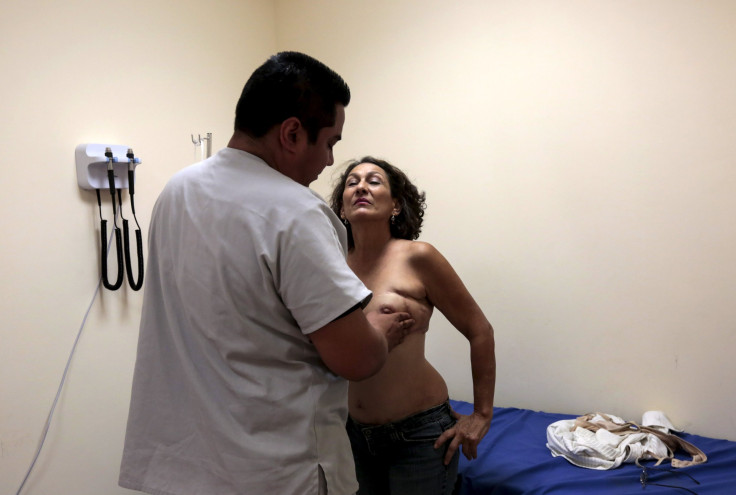Social isolation may lower chances for breast cancer survival, warn experts

Breast cancer, the most common among cancers that affect women in Australia is the second top reason for death in the country. Even though the survival rate is high if discovered early, experts say that a person’s social life too has a great influence in the matter. The larger the network is, the higher the chance to survive.
Research done in the field shows that loneliness will lead to premature death. In fact, absence of social connections will increase the risk up to 32 percent, writes Medical News Today.
Scientists collected data from 10,000 breast cancer patients and they were able to link lack of social connections with 45 percent higher risk of recurrence of cancer in comparison with socially active women. They also have a 60 percent risk of dying from the disease and a 70 percent possibility of death for any other reason, reports CBS News.
“People are social animals,” said Kassandra Alcaraz, strategic director for health equity research at the American Cancer Society. Quite naturally, the benefits of staying connected don’t have to be surprising. The type of social connection women need may vary greatly. For instance, absence of spouse and lack of social ties increased the risk of dying from breast cancer among elderly white women, but not in others. It is also not clear why a large network helps women. Scientists are of the view that several factors may be at play in this regard: social ties, physiology and lifestyle.
Breast cancer is the uncontrolled growth of cells either in the lobules or ducts in the breast and it has the potential to spread to other parts of the body. It can affect both men and women, but is not that common among men. According to Cancer Council Australia, 15,050 women and 116 men were diagnosed with the disease. Breast cancer risk after 85 is one in eight among women and one in 830 among men in Australia.
Breast cancer symptoms
Majority of those suffering from breast cancer may notice just one or two symptoms in its initial stage. However, they may not be related to breast cancer at times. The best bet is a monthly self-examination. Women are encouraged to consult a doctor immediately if they happen to notice anything unusual. The following signs should alert a person to the possibility of breast cancer.
- A change in the texture of the skin or unusually large pores
- A lump
- Any type of discharge from the nipple




















